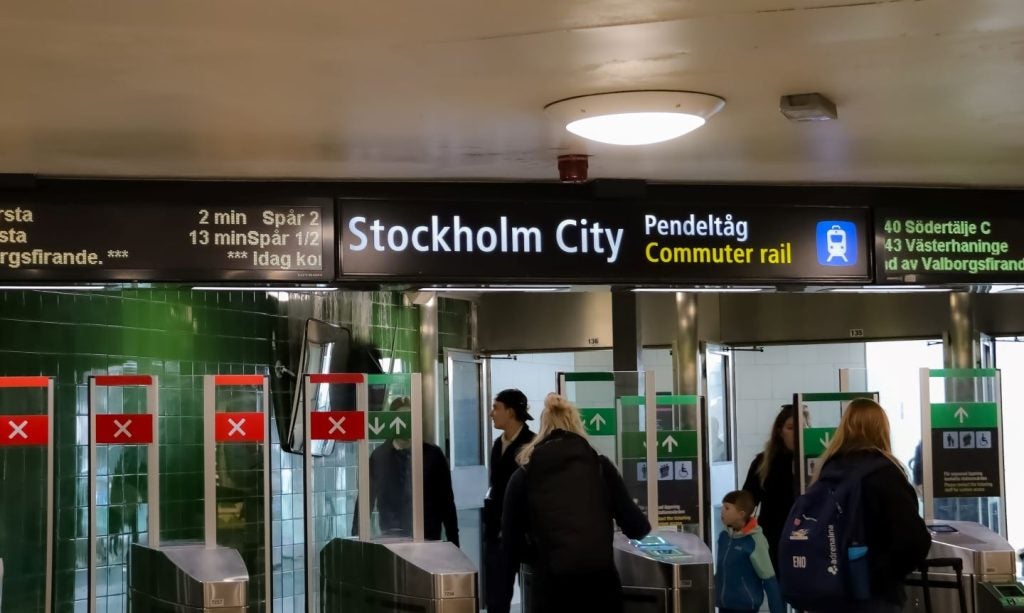The Memorandum of Understanding (MoU) between RailNetEurope (RNE) and Europe's Rail Joint Undertaking (EU-RAIL) was signed on 30 May 2023 at Rail Transport Day in Stockholm, as part of the Swedish presidency of the European Union.
RNE was set up in 2004 with the aim of helping to meet the challenges faced by the international rail sector and to provide support in compliance with the European legal framework.
Aligning with the goals of RNE, the agreement focuses on removing obstacles to interoperability and building upon a functioning system architecture that is standardised and shared by the industry.
RNE secretary general Joachim Kroll emphasised how the new agreement is bringing the EU's top rail executives together and that cooperation is advancing their goals: “The cooperation between RNE and Europe's Rail is a further step in bringing key players in the European rail sector closer together.
"The MoU will allow infrastructure managers to better share their expertise and ongoing activities with Europe's Rail through RNE."
The MoU focuses on developing a unified operational concept and a secure system design. It also involves cooperation with EU-Rail Flagship Areas such as network management planning and control, mobility and sustainable digital green rail freight services.
EU-Rail is an institutional EU partnership dedicated to delivering a high-capacity integrated European railway network by eliminating barriers to interoperability and providing solutions for full integration.
Aligning with the EU-Rail aims, this collaboration also seeks to drive innovation by providing sector engagement and expertise.
It ensures that the designed solutions are interoperable and can be migrated from legacy systems using a clear migration strategy.
Kroll continued to say: “We believe that this will be of great benefit to both sides, especially in the areas of infrastructure capacity management, traffic management and digitalisation and ultimately result in a more efficient, attractive and accessible European railway system.
"In addition, key European projects launched and organised through RNE, such as TTR/DCM (Timetable Redesign/Digital Capacity Management) or concepts for European traffic management, can be included in the JU strategy.”
Additionally, the collaboration involves EU-Rail Members and RNE in various initiatives.
These initiatives cover digital infrastructure information, timetable redesign, digital capacity management, digital train information (including tracking and tracing), traffic management and IT architecture.
Cameron Jones, chief strategy and commercial officer at Silver Rail, the leading digital ticketing specialist for the rail industry, pointed out what this means for the rail network and how this collaboration has taken a positive step towards growth.
Jones said: “Improving collaboration across Europe’s rail network and, ultimately, its overall success, is a long-term project that will require intensive investment and sustained effort. And while no single action will solve this enduring issue, the signing of the MoU by the RNE and EU-Rail is a significant step in the right direction.
“Right now, Europe’s rail network is poised to flourish and with rail operators and travel agencies now seemingly ready to work together to share data and coordinate the wider transport ecosystem, this collaboration could be just the push needed to turbocharge the sector."








